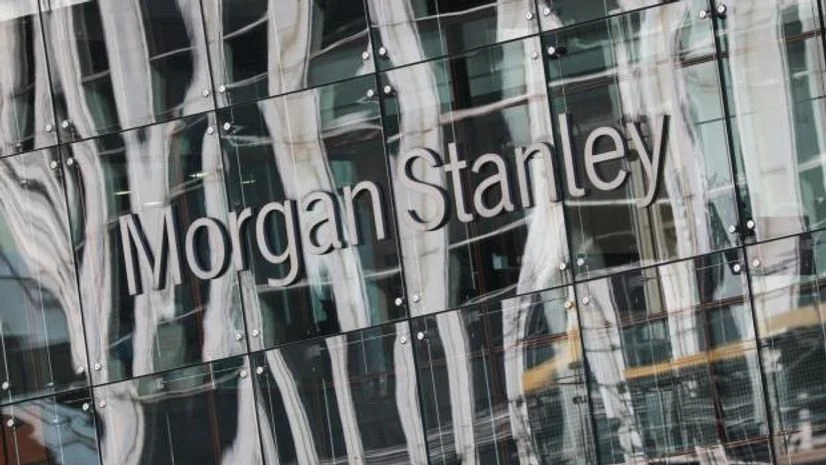Morgan Stanely expects the April RBI policy to mark the process of policy normalisation with a reverse repo rate hike.
However, if the RBI were to delay its normalisation process, the risk of disruptive policy rate hikes would rise, it said.
"We see less room for fiscal policy stimulus to support growth given the high deficit and debt levels... We see a possibility of a modest fuel tax cut and reliance on the national rural employment programme as an automatic stabiliser," Morgan Stanley said.
The investment banking company said that the ongoing geopolitical tensions exacerbate external risks and impart a stagflationary impulse to the Indian economy.
India is affected through three key channels: 1) Higher prices of oil and other commodities; 2) Trade; 3) Tighter financial conditions, influencing business/investment sentiment.
Morgan Stanley has lowered GDP growth estimate by 50bps to 7.9 per cent, and raised CPI inflation forecast to 6 per cent.
More From This Section
It expects the current account deficit (CAD) to widen to a 10-year high of 3 per cent of GDP in FY2023.
The key channel of impact for the economy will be higher cost-push inflation, feeding into broader price pressures, which will weigh on all economic agents, i.e., households, business and government, Morgan Stanley said.
Even as the macro stability indicators are expected to worsen, lack of domestic imbalances and focus on improving the productivity dynamics will help mitigate risks of a sudden stop.
"As such, we do not expect that fiscal or monetary policy will need to tighten disruptively to manage macro stability risks. The risk would stem from a further sustained rise in oil prices, leading to quick deterioration in macro stability and currency volatility," Morgan Stanley said.
--IANS
san/arm
(Only the headline and picture of this report may have been reworked by the Business Standard staff; the rest of the content is auto-generated from a syndicated feed.)

)
